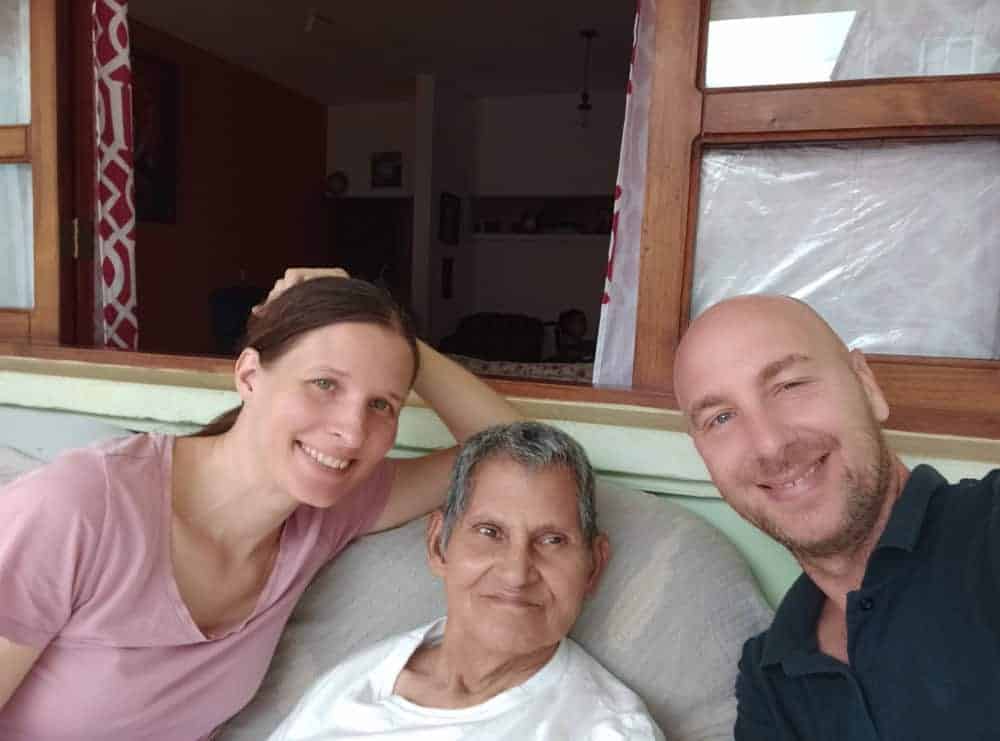You want to live a charitable life, as the Bible consistently calls upon you to do. But, sometimes, money is tight. Does that mean you can’t satisfy these Biblical calls to be charitable?
At some point along the line, we English speakers started confusing “charity” with “philanthropy.” Charity isn’t (just) money in the collection plate; it’s a way of living.
Charity and Love
One way to approach charity is by looking at how different Bible translations handle it. For example, when you were growing up, did you hear St. Paul talking about “Faith, Hope, and Love” or “Faith, Hope, and Charity” in 1 Corinthians 13:13?
Starting a linguistic debate about which term is more accurate isn’t the point. The point is to see that “charity” is very close to “love.” In fact, The NIV Handy Concordance includes “Charity” under its entries on “Love” rather than under its own category.
“Her Whole Living”
For as much as it talks about charity, the Bible hardly ever pairs the ideas of charity and money.
One example of where it does is the story of the poor widow in Mark’s gospel. In the familiar story, “many rich people put in large sums” as Jesus observes the temple treasury. Then a poor widow comes and donates “two copper coins.” Jesus gathers his disciples and tells them:
“Truly, I say to you, this poor widow has put in more than all those who are contributing to the treasury. For they all contributed out of their abundance; but she out of her poverty has put in everything she had, her whole living.”
Mark 13:43-44
This could be read as a call to give all our money to charity, as some saints have reportedly done and as some monastic orders continue to do. But a figurative interpretation is more in keeping with other passages referring to both charity and money—and that involves proportionality.
The Parable of the Talents
Consider the parable of the talents in Matthew 25:14-30. The parable seems to be about money, but the coins, or “talents,” aren’t earned by the servants—the servants are entrusted with coins “according to their abilities.” A common reading of this parable is that each of us is given skills and abilities—not money—to do God’s work.
This is reinforced by the parable immediately following, the parable of the sheep and the goats (Matthew 25:30-45). This parable, which includes the well-known line “As you did it to one of the least of these my brethren, you did it to me,” encourages us to give of our time and ourselves rather than just our monetary resources.
Matthew also gives another example. In Matthew 22:15-22, when Jesus is questioned on taxes, He says, “Render therefore to Caesar the things that are Caesar’s, and to God the things that are God’s.” Because all that we have is from God, this passage tells us that God wants us to give the gift of ourselves.
Share yourself with people who are alone. Share your energy and strength with people who are elderly or disabled. Even consider giving your blood or signing up to be an organ donor.
Giving of Your Time
None of this should be taken as an excuse not to donate to charitable causes or to the church if you have money to give. What it should mean is that you can be generous even when you cannot afford to give money.
If money is tight, but you want to be charitable, think of the charities that you normally give to or find out what charities your church supports. Approach these charities directly and offer to volunteer your time and abilities instead. Since giving money is easier than giving time, many of these organizations will welcome a volunteer over a donor anyway.
Give What You Can When You Can
We tend to think of charity as “giving money.” When organizations ask for money to acquire resources or pay the bills, we should give what we can, when we can. However, the biblical call to give what we have is a call for us to give of ourselves.



